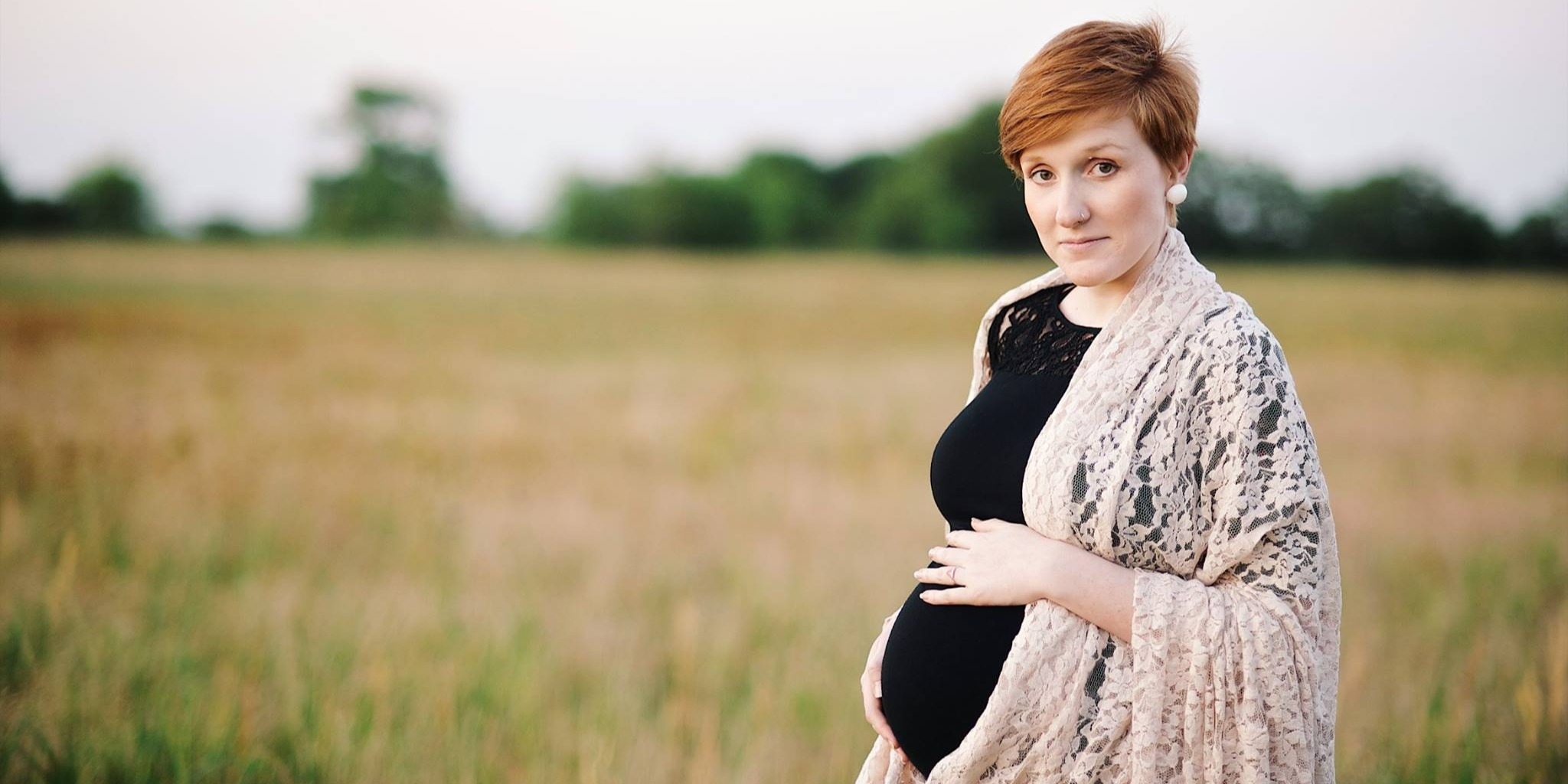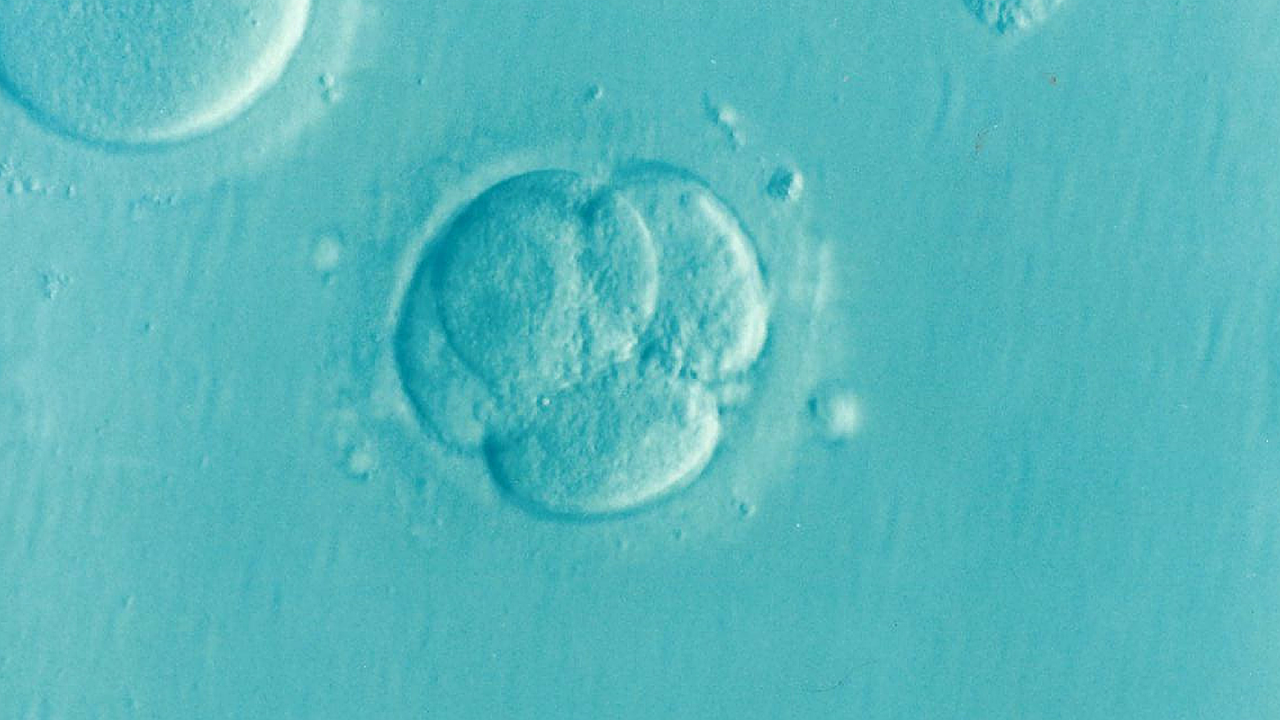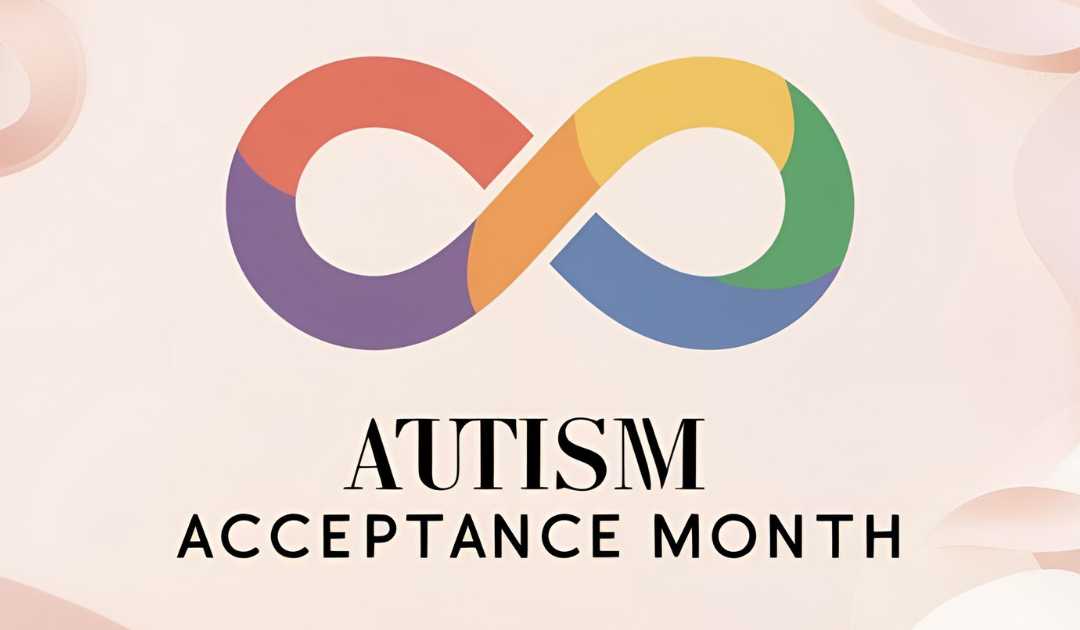Autistic and Pregnant: Part 1
Surprise, surprise - another autistic women blog for you this month! I'm nothing if not honest when I say that this has been my special interest. And...


This is the second in a series of blogs looking at Autism in women when they experiences of pregnancy, the first of which focused on the process of becoming pregnant and how autists may experience struggles that are different and/or more intense than allistic folks due to the differences in their neurotype. This blog is going to focus specifically on the differences for pregnant autists as compared to allistic pregnant people.
As we know from both the research and autistic communities, many folks (especially those assigned female at birth) don't receive an accurate autism diagnosis prior to adulthood, which means that they are likely heading into a dramatic shift in life without the knowledge and support that they deserve. Additionally, it's unlikely that birthing professionals have had education on working with neurodivergent people. This can lead to misunderstandings, and worse still, physical and mental health inequities that affect both the birthing person and their fetus.
It is well documented at this point that autists experience the world (both externally and internally) in ways that are different from allistic people. Autists can be either hyper- or hypo-sensitive to sensory stimuli (for one or many sensations), meaning that stimuli like lights, sounds, smells, tastes, body sensations, and personal space (among others) can impact them in ways that can seem unexpected. Things that are considered to be normal during a typical doctor's visit can cause excessive mental strain and feel unbearable:
It's normal during pregnancy for sensitivity to smells and tastes to increase, so for autists who are already hyper-sensitive, this can increase to a level that becomes problematic, such as avoidant-restrictive food intake disorder (ARFID).
A common struggle among autists is in feeling different from what is perceived to be "normal". Many autists have histories of perceived and actual rejection, which leads many to feel as if they cannot trust themselves. Pregnancy leads to bodily sensations and experiences that are outside of the norm, especially in terms of one's relationship to the body. Experiencing the changes can be anxiety provoking, and in combination with a lack of trust in self, can lead to heightened feelings of health anxiety, distress, and need for support.
There is also research exploring the likelihood of pregnant autists, because of their increased risk of experiencing a variety of health diagnoses and issues, are also more likely to experience pregnancy-related health issues, such as:
There's also some preliminary research on pregnancy among people with developmental/intellectual disability (including autism) showing higher rates of pregnancy loss and fetal demise, pre-eclampsia, preterm birth, caesarian birth, and birth complications leading to increased time recovering in hospital.
When these kinds of things are going on, especially in addition to the growing changes within the body of the pregnant person, regular doctor's visits can become so stressful that autists can experience meltdowns and shutdowns. This can lead to misunderstanding information important to their health and care, an inability to ask questions of medical professionals, increased recovery time after appointments, and possibly avoidance of future appointments. Research supports the idea that many autistic adults feel unsatisfied with their medical care. This can appear as non-compliance and even lead to dismissal from practice by the pregnant person's medical provider.
Even though many folks experience difficult pregnancies, it's uncommon for people to share the details and degree of difficulty related to their pregnancies. Even in the media, difficult pregnancies are portrayed with humor (often at the birthing person's expense) or with the most dramatic and horrific outcomes, neither of which are useful for the majority of newly pregnant people. Autists often already struggle in feeling different, broken, and wrong, so when they are experiencing a pregnancy that doesn't fit the idea of what is "normal," it can lead to increases in feelings of not being normal. It's normal for folks to question themselves and their perception, sometimes wondering:
It can also feel extremely lonely to feel like the only one struggling, even with supportive people doing their best.
If you are an autistic pregnant person and you're finding yourself relating to some of these struggles, you deserve support that is actually supportive. Feel free to reach out and there are also some resources that might be helpful for you through Postpartum Support International, including web-based support groups. You don't have to struggle alone.
If you are a provider and you would like to learn more about how you can provide a neurodiversity-affirming experience for your patients/clients, please reach out.

Surprise, surprise - another autistic women blog for you this month! I'm nothing if not honest when I say that this has been my special interest. And...

April 2nd is recognized as World Autism Awareness Day (or World Autism Acceptance Day, but more on that later), and typically my social media feeds...

I have been noticing a pattern lately (hello, Whitney's Autism), both in terms of things I'm seeing in the online spaces I'm in and also in the...